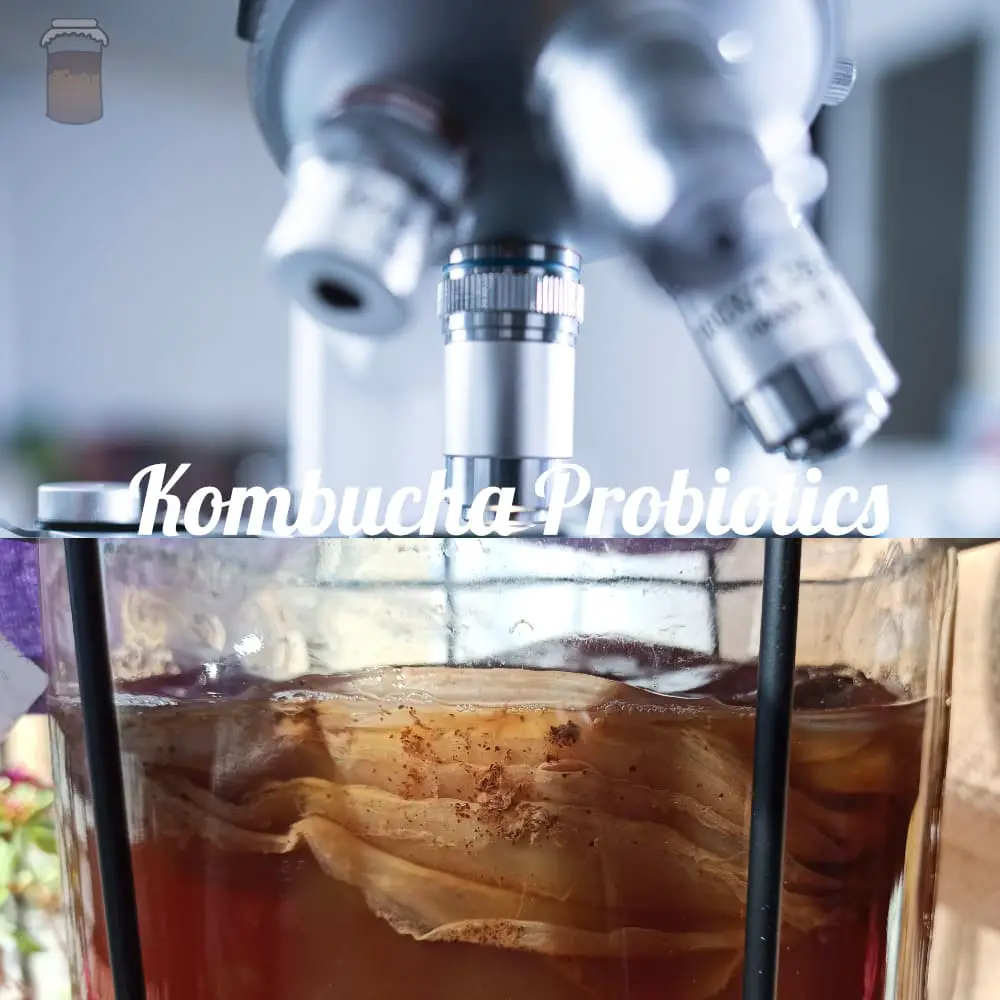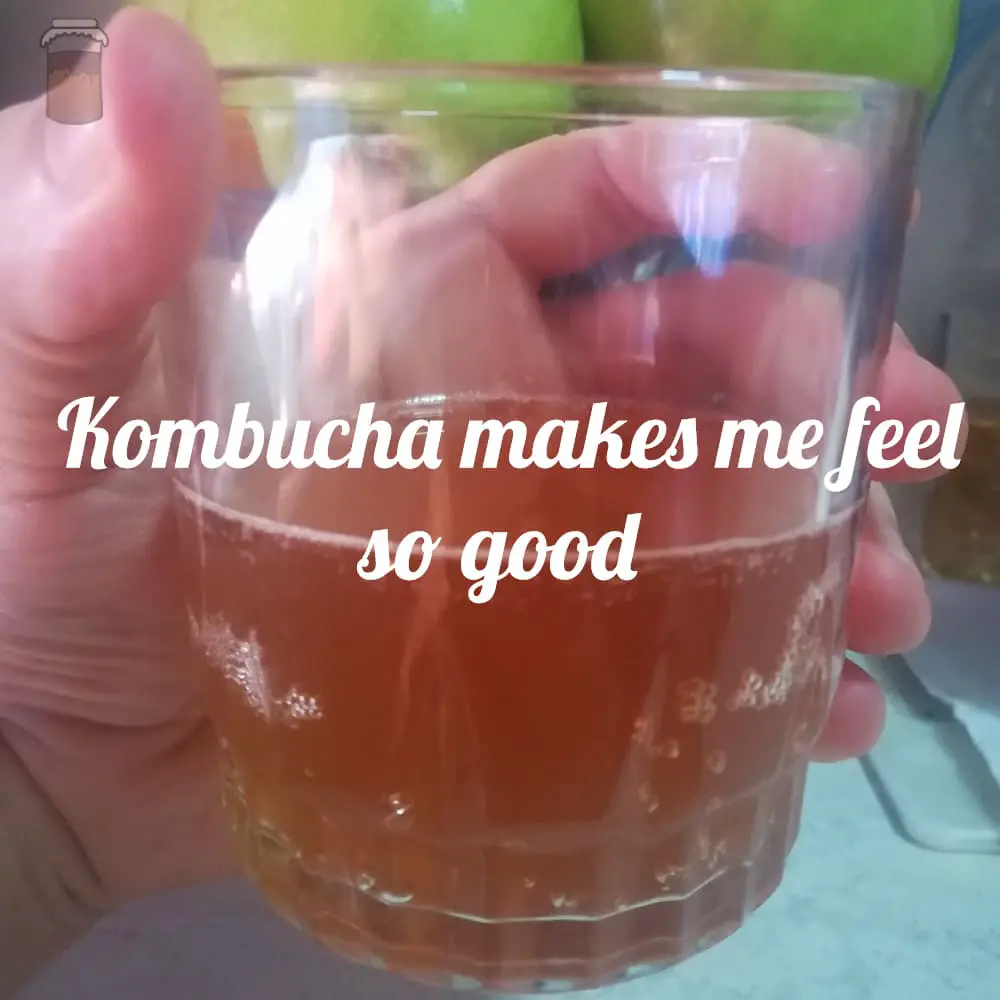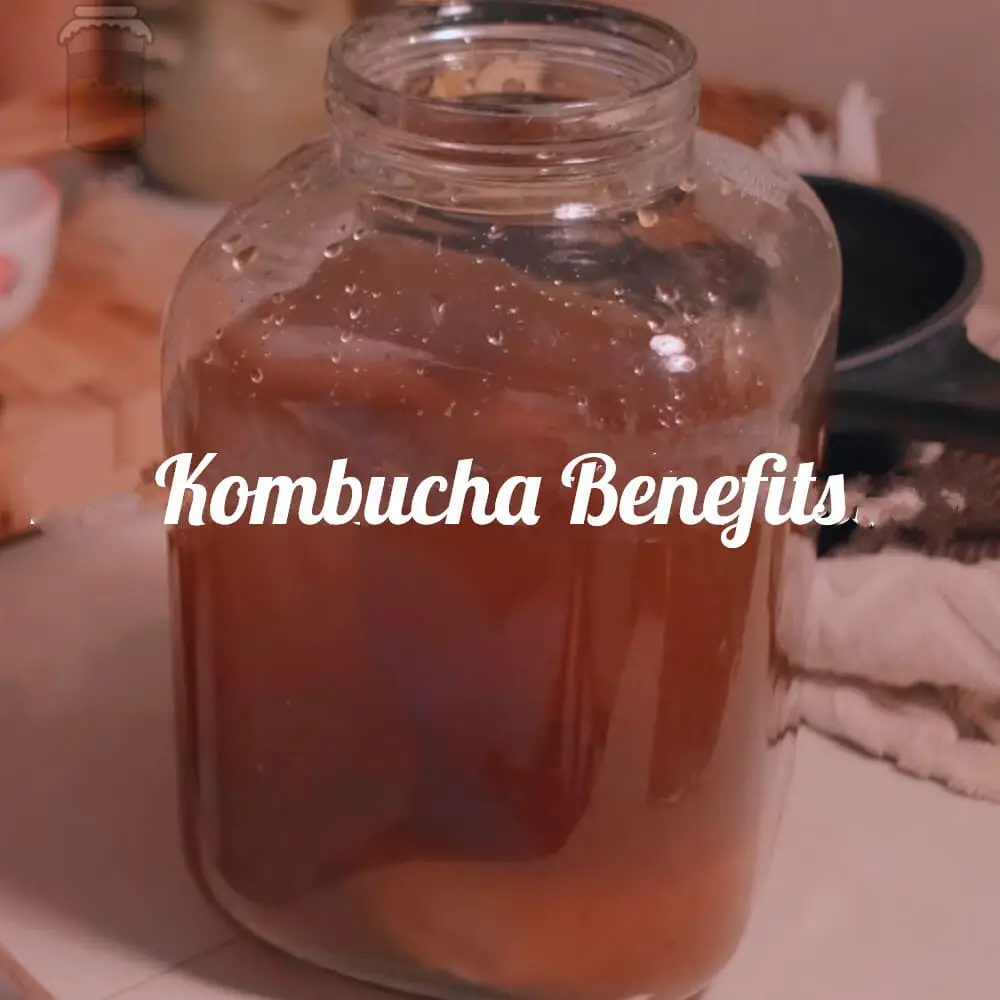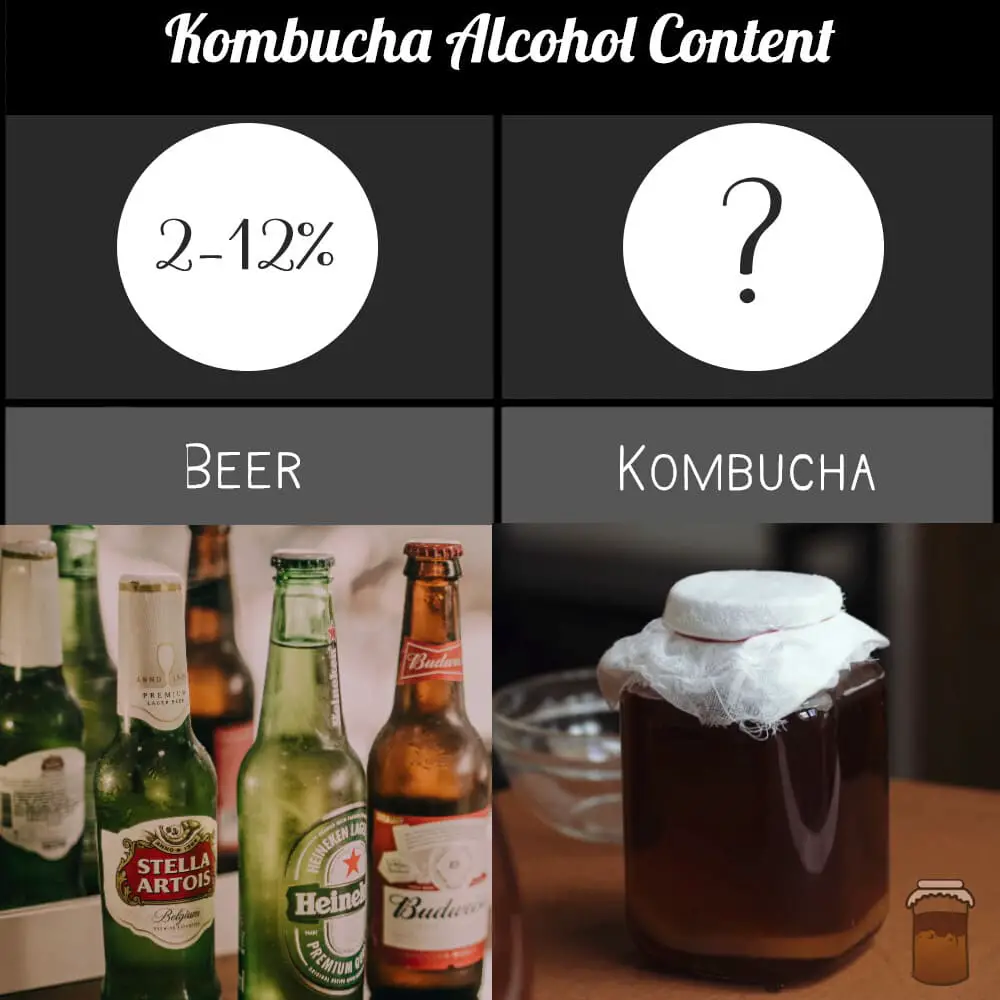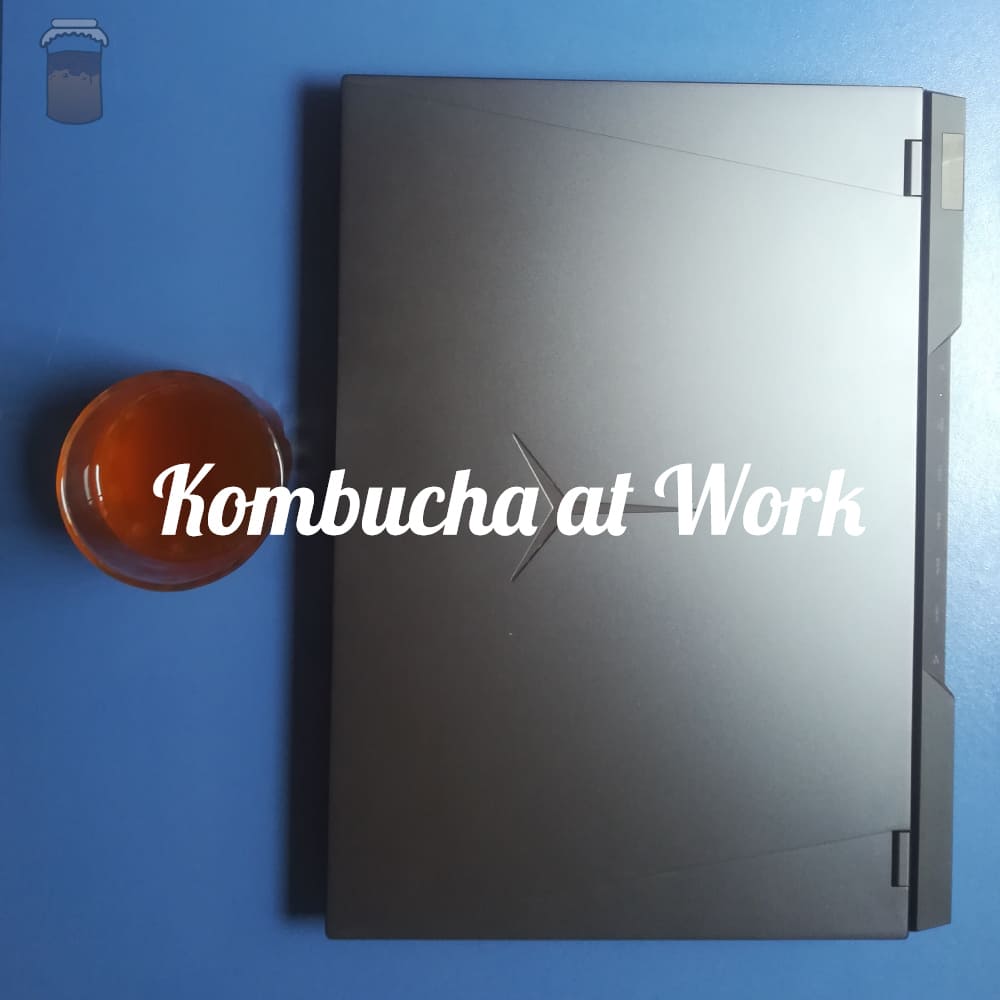
In recent times, healthier consumption alternatives have been sought in the work area, opting more for those foods that do not generate adverse effects and have health benefits, where drinks are usually a point to change, and today we will explore the possibilities of drinking kombucha at work.
During long working hours, it is good to implement healthier habits to reduce the chances of developing chronic diseases and revitalize the worker’s energy. Therefore, including kombucha in our work environment as part of our lifestyle will give us a better quality of life over time.
You may wonder if alcohol content can be a problem at work. Still, the truth is that its percentage is so low that it cannot be detected by the breath test if the residual alcohol left in the mouth is removed with a bit of water.
But let’s go a little deeper about kombucha at work, as we have a fascinating article for you.
Why is it good to take kombucha at work?
Unlike other beverages, such as soft drinks or coffee, kombucha does not promote the physical and psychological discomfort caused for a long journey at work. On the contrary, it reduces these effects by improving the health and productivity of employees.
Kombucha is a natural energy enhancer. It is not like coffee or soft drinks (with high sugar content) that generate a temporary increase in energy and then decline precipitously but provides nutrients that stimulate energy production in a lasting way, where its detoxification capacity, probiotics, and B vitamins boost metabolism and help the body function better.
These B vitamins and enzymes support energy metabolism and carbohydrate utilization by tissues and help reduce stress, depression, or anxiety.
These benefits granted by the drink improve performance through the relief of various discomforts and the stimulation of different metabolic pathways that enhance physical and mental abilities, as well as being a good substitute for those foods to be a healthy, tasty, profitable, and environmentally sustainable option. [1]
How much kombucha can you drink at work?
You should consume the recommended amount of 120ml or 240ml daily; you can even consume up to 360ml, but in that case, you should ensure you are not exceeding that amount for safety reasons and you are not drinking that much daily (you should take a break).
You can review the rationale behind the argument in our dedicated article on the recommended daily doses of kombucha.
In what jobs would the consumption of kombucha be recommended for health?
You can drink kombucha in any workplace, but its consumption is especially recommended in those jobs carried out in extreme conditions.
Work carried out in unnatural conditions for the organism, such as mining, submarines, constructions, etc., usually alters the intestinal microbiota caused by sudden changes in diet, limited sanitary conditions, and hostile situations that generate constant emotional discomfort and stress.
These circumstances lead to the loss of intestinal protective microorganisms, generating secondary infections due to the growth of opportunistic microbes, breaking the internal balance of the organism, and subsequently affecting health in general.
Kombucha could still provide those necessary to help recover the intestinal flora to normal since it is a good source of yeast, probiotic bacteria, and prebiotics, restoring the intestinal microbiota and facilitating the growth of helpful microorganisms in the digestive tract. [2]
Will kombucha help me reduce work stress?
Kombucha has effects that improve mood and help relieve mental wear and stress at work. Given its antioxidants, it can reduce emotional discomfort (check kombucha antioxidants here). Although it will not correct the problem as long as the stressful conditions of work do not change. [3]
It has been shown that stress at work is associated with increased consumption of alcohol and tobacco to achieve internal stability in the body (homeostasis) and momentarily reduce depression and anxiety.
Kombucha tea consumption may have the potential to help maintain homeostasis and generate a long-term anxiolytic and antidepressant effect, eliminating discomfort and improving a person’s self-control over alcohol, according to animal studies. [3]
Kombucha can improve mood and restore energy making harsh working conditions more tolerable. Still, changes in the work environment would be necessary to ultimately reduce stress since if the conditions are very hostile, they can generate chronic stress where it is unclear whether the antioxidant drink will be of much help. [4]
Therefore, based on its properties, kombucha helps reduce work stress and gives an energy boost, as long as it is not chronic due to demanding working conditions.
Could the alcohol content of the tea affect me?
There will be no risk if the kombucha does not exceed the limits indicated for a non-alcoholic beverage.
The drink contains small amounts of alcohol that can range from 0.5 to 1.3% depending on the product, so before including it in your diet, you should check the type of product, avoiding those “alcoholic kombuchas” that may contain more than 1% alcohol, you should also be aware of the amount to consume. [3] [4]
There is an excellent guide about the alcohol content of kombucha and how it varies on fermentation. Go read it, as it is related to this post.
Could I test positive for alcohol for drinking kombucha?
Although kombucha can’t get you drunk, it can still be a risk during alcohol tests where a false positive can occur caused by the small amounts of alcohol in the drink. [5]
It has been shown that when taking an alcohol test after consuming kombucha tea a few minutes before, there is a risk of obtaining a positive result that exceeds the legal limits that the body may have, even though we have less than that amount. [5]
Therefore, you should inform at work that you consume this drink to avoid misunderstandings if the employee usually performs these tests. [6] [7]
I invite you to check out our post about kombucha and alcohol and drug tests.
With this, we come to the end of the article. I hope you liked and learned everything about kombucha at work. For more information in general, I invite you to see the following articles.
References
[1] https://www.ijasm.org/administrator/components/com_jresearch/files/publications/IJASM_01_Final.pdf_
[2] http://dspace.nbuv.gov.ua/handle/123456789/156792
[3] https://www.hindawi.com/journals/omcl/2018/2737563/
[4] https://www.sciencedirect.com/science/article/pii/S1047279718307385
[5] https://dailyhive.com/vancouver/fail-breathalyzer-bc-kombucha?auto=true


